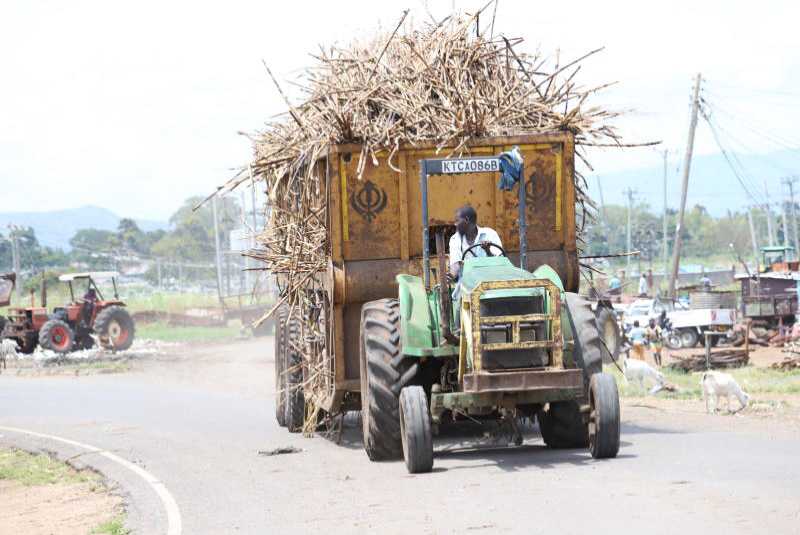×
The Standard e-Paper
Join Thousands Daily

Nairobi, Kenya: SUCAM, the sugar campaign for change advocacy group, today declared that the sugar zoning proposed in Kenya's draft Sugar Regulations, 2018 is an illegal and anti-competitive constraint that would require an express waiver by the Competition Authority.